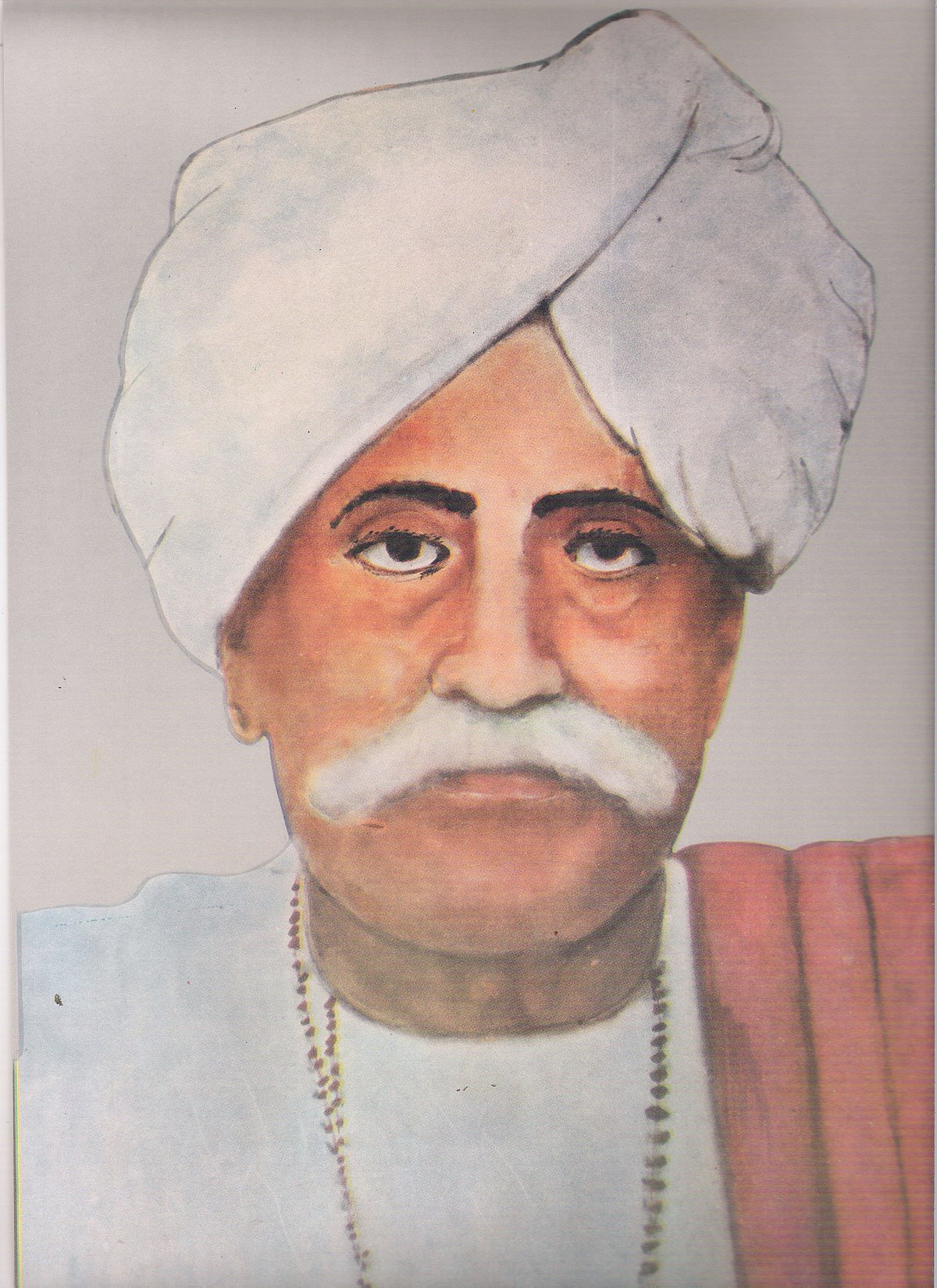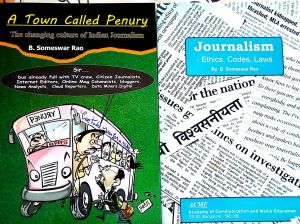
IT IS VERY DOUBTFUL if there will be a Shoebullah Khan centenary celebrated in 2020 but there will centrainly be one in 2019 — of south India’s first music college.

This blog suggested some weeks ago that a committee be set up now to celebrate the centenary of Shoeb, the young editor of Urgu daily Imtroze, who was brutally killed by Razakars for opposing plans to make the Nizam’s Hyderabad state a part of Pakistan.
My doubts are based not only on the total lack of ressponse from ANY journalist in the country though the post was mailed to thousands of them but also because I wanted the centenary to be marked not by idle speeches and tributes but vast changes in the media values and mass communication education in the

country. That was why a commitee now for a centenary two years away. Reforms will always be resisted.
The suggestion for setting up a regulatory body (like AICTE for engineeringcourses) was made over a year ago in my book A TOWN CALLED PENURY but failed to click. Even the PM’s office, to whom the proposal was sent, did not reepond despite the Congress trying to deliberately ignore Shoeb. No book or lession mentions him, Few in Telangana, of which Hyderabad is the capital now, heard of him or how the Razakars cut off his hands.
Praising Shoeb does not suit the vote-bank

politics of the Congress or the Communists who had led the Telangana armed sturggle, but why the Bharatiya Janata Party, which idolizes Sardar Patel, should ignore him is puzzling. After all the barbaric killing and mutlilation was one of the factors that precipitated Sardar Patel’s police action which liberated what is now Telnagana. The BJP perhaps is too busy fighting elections.
The first music college of south India?
It is not in Tamil Nadu’s Chennai (Madras) which can rightly be called the capital of south Indian music, or in Thanjavur, also in TN, the hometown of Thyagaraju the father of the south Indian classicial muisc (as distinct from the Hindusthani style). Nor is it in Karnataka, though the south Indian classical style itself is called Karnatak music.
It is in Vizianagaram, a backward, dirty, old town in coastal Andhra. Maharajah’s Government College of Music and Dance was established on 5 February 1919 by Pusapati Vijayarama Gajapathi Raju, Maharajah of Vizianagram; so the centenary is less than a year away. Ashok Gajapathi Raju who had recently resigned as the Civil Aviation Minister when Telugu Desam walked out of the NDA coalition at the Centre is a decendent of the king. Initially named “Sri Vijayarama Gana Pathasala,” it was later taken over by the State government on 15 August, 1955.
According to Wikipedia, a friend of Gajapati Raju, Chaganti Joga Rao had a blind son, Gangaraju, who loved music. Joga Rao donated a building behind the fort and urged the Maharajah to set up a music school. Thus the music school. was started. Adibhatla Narayana Dasu was chosenas its principal and Dwaram Venkataswamy Naidu the great violinist, as a professor. After him, the institution was promoted as “Sri Vijayarama Music and Dance College” by Sri Alak Narayana Gajapati Raju with more sections. After takeover it was affiliated to Potti Sreeramulu Telugu University at Hyderabad. Maharajah P. V. G. Raju, Ashok’s father and a Congress Minister, promoted it further.
The college teaches vocal, classical dance, violin, veena, mridangam, nadaswaram and dolu and offers diploma and certificate courses in dance and music. Scholarships are awarded to meritorious students. Sri Lakshmi Narasimha Swamy Devasthanam, Simhachalam provides free food for poor students.
The college organises Music Durbar and invites distinguished personalities to perform before their students. A music festival is organised annually during the Vinayaka Chaviti day with performances by teachers and students.
Ghantasala, the legendary playback singer of all south Indian films, is a product of this itcollege. And yet it does not figure in the top ten music colleges of the South (may be because it is now run by the government). So the Vizianagaram royal family of Gjapapati Rajus, known for its benevolence, will ensure the centenary is celebrated. Shoed has no such backing.
Pandit Ajjada Adibhatla Narayana Das (31 August 1864 – 2 January 1945) born in Ajjada, near Bobbili, now in Vizianagaram district of AP. is known as the versatile genius of Andhra. He was a poet, musician, dancer, linguist and philosopher.
A linguist with proficiency in eight languages (including Sanskrit, Arabic and Persian) besides Telugu, he was a poet, philosopher, playwright, composer, dancer, actor and the creator of the unique art form, Hari Katha,
Narayana Das has translated from Persian and English into Sanskrit and Telugu, was the only one to write a comparative treatise on the works of Kalidas and Shakespeare, was the only writer-composer who translated into Telugu and set to music Rig Vedic hymns and the only writer-composer who composed a geeta-malika comprising 90 Carnatic ragas. “As a writer-composer who composed music in all the 72 Carnatic ragas he was next only to Tyagaraju,” Wilipedia says.
A genius like him was unrecognized for years and was wandering around the villages singing Hari Katha songs till Maharaja Krishna Rajendra Wodeyar of Mysore, amazed by his ashtavadhanam (performing eight divergent taks simultaneously) in his court wrote a letter of appreciation to the Vizianagaram maharaja. Seeking him out after the letter, the Vizianagaram king appointed him the first principal of the music college, in which post he continued tilol 1936.
Many a genius like him remains unknown due to public ignorance. Many Shoebs are victims of political convenience.
someswar1@gmail.com
